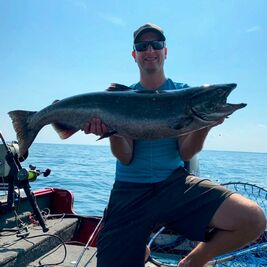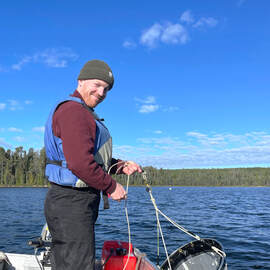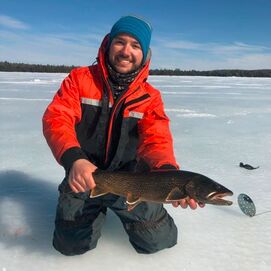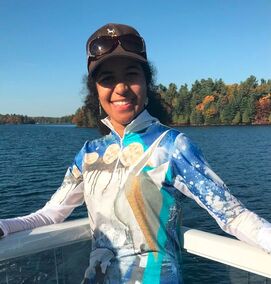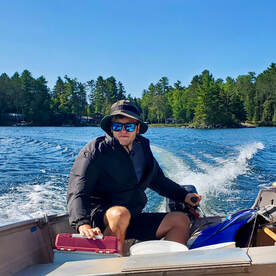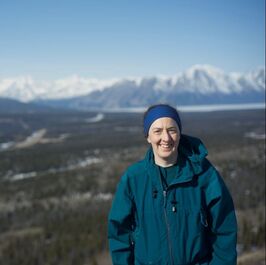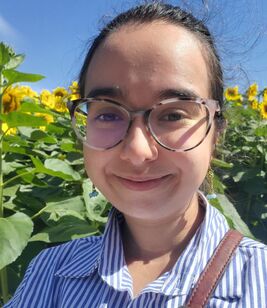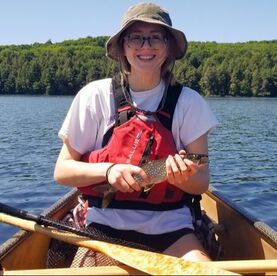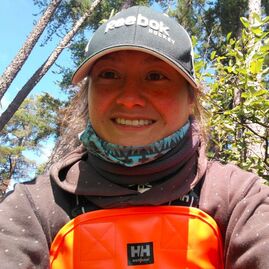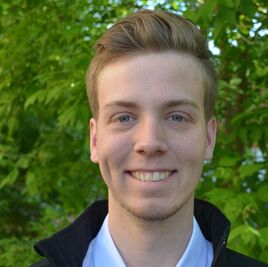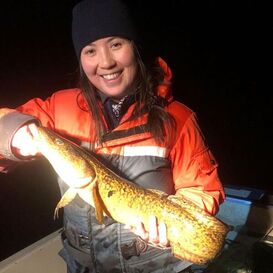Current lab members
Postdoctoral Fellows
|
Matthew Guzzo
I grew up in Northern Ontario and have been an avid fisherman for as long as I can remember. My research generally focuses on the movement, physiology, growth, and feeding of freshwater fish and how these characteristics may be altered by climate change, fishing, and other human-induced stressors. I am especially interested in studying northern fish populations because lakes and rivers in this area are changing at greater magnitudes and rates than most other regions of the world. I am currently funded by a Weston Family Award in Northern Research. |
|
Garth Covernton
I am working in the McMeans lab, as well as the Rochman lab at U of T St. George campus as part of the pELAstics project, which aims to understand how microplastics pollution might affect various ecosystem processes. I study how microplastic exposure affects the structure and energy flow within lake food webs using stable isotopes and fatty acids analyses. I am broadly interested in how potentially non-lethal contaminant stressors, such as microplastics, interact with aquatic ecology. I am especially intrigued by how stochastic statistical models can be used to characterize complex systems, such as food webs, to track how they respond to perturbations. |
PhD Students
|
Timothy Fernandes
My doctoral work focuses on bridging the gaps between fish ecology and physiology across biological and temporal scales. My project aims to identify and compare seasonal patterns in physiology and ecology across cold- and warm-water fish species, while also disentangling how changes to these patterns (as expected under a changing climate) may translate to divergent life history and productivity outcomes. Outside of research, I enjoy casting a line, swimming in cold lakes, and sleeping in small tents. Twitter: @a_fishy_fern, Website: https://timothyfernandes.wordpress.com/ |
|
Alexa Scott
As a theoretical ecologist affiliated with the McMeans lab, as well as the McCann lab at the University of Guelph, I am fascinated by how math can be used to address ecological problems. My doctoral research focuses on species interactions, specifically through foraging behavior and activity, across different environmental periodicities such as diurnal to annual cycles. Additionally, I am exploring the potential impacts of climate change on the underlying mechanisms of these interactions. My research is currently funded by the Morwick Scholarship in Aquatic Biology, as well as the Ontario Graduate Scholarship. In my leisure time, I love riding horses, reading murder mystery novels, and playing the piano and saxophone. |
Past lab members
|
Emily Studd
Emily was an NSERC Postdoctoral Fellow in the lab, interested in understanding what drives the decision to be active, how that changes in different situations and what the implications are of that decision for a population or food web. Her research sits at the interface of behavioural, metabolic, population, and community ecology, and combines observation- and biologging-based field studies with theoretical modelling. Emily is now an Assistant Professor at Thompson River University in British Columbia (https://studdecology.weebly.com/) |
|
Sydney Wilkinson
Sydney completed her MSc in 2020. Her project focused on using lipid biomarkers (i.e. highly branched isoprenoids and fatty acids) to detect changes in carbon flow through seasons in freshwater systems. Sydney is now a PhD student at the University of Alaska Fairbanks under the supervision of Dr. Katrin Iken. |
